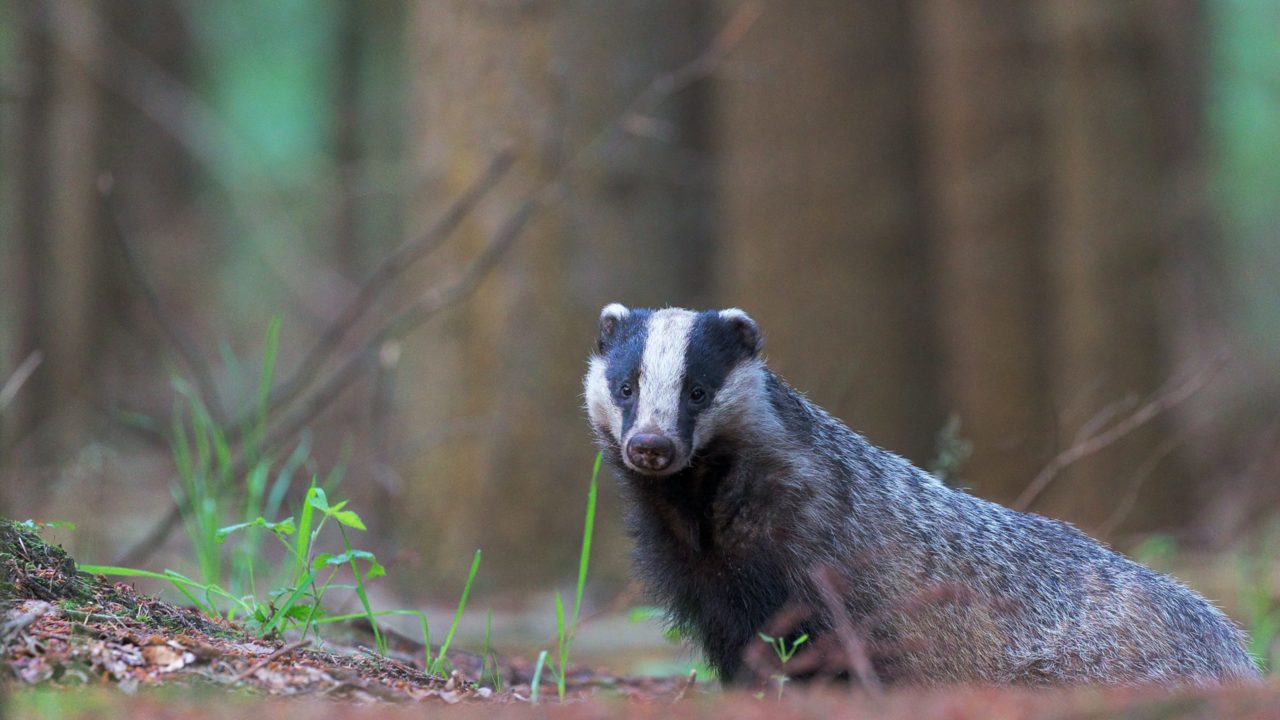A new and simplified licence for vaccinating badgers has been rolled out today (Thursday, May 26), as part of government plans to step up efforts to eradicate bovine tuberculosis (TB) in England by 2038.
The new licence to trap badgers for vaccination enables those trained to undertake this activity to register as an ‘authorised person’.
This means applicants will no longer need to apply for an individual licence, provide extensive information in support of that application and wait up to 30 working days for a decision.
In 2021, 1,575 badgers were vaccinated across England, and it is hoped that the new licence – alongside a new subsidy cutting the cost of the Badger BCG vaccine by almost half – will facilitate and encourage more farmers, landowners, and vaccination groups to get involved in these projects.
This includes a five-year programme in East Sussex, which was awarded £2.27 million last year to support farmers deploying vaccines over an area of 250km2.
This new process will boost vaccination efforts by making it administratively simpler for those wishing and trained to undertake vaccination projects across England.
Biosecurity Minister Lord Benyon said:
“Bovine TB is one of the most difficult and intractable animal health challenges that the UK faces today, causing considerable trauma for farmers and costing taxpayers over £100 million every year.
“The widespread vaccination of badgers is a key cornerstone of our strategy to eradicate TB by 2038, with our new and simplified licence allowing more farmers and vaccination groups to join the fight against this insidious disease.”
Natural England will continue to undertake visits to check that vaccination projects are complying with the conditions of the licence and follow the best practice guide.
The licence has been published online and those interested can register now.
Interested parties will need to provide information about their training experience and can expect a decision within just 48 hours.
If successful, they will be able to start vaccinating badgers on land where they have the landowner’s permission to do so straightaway and can report their activity in real-time through a new smartphone app, developed by the Worldwide Veterinary Service.

